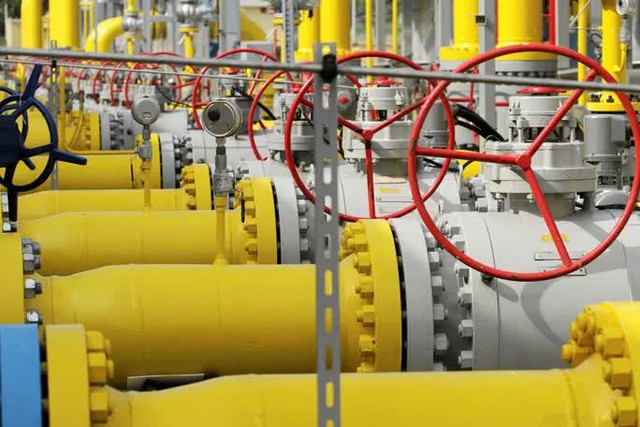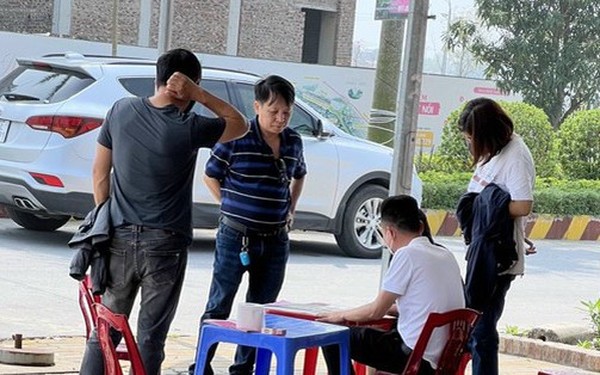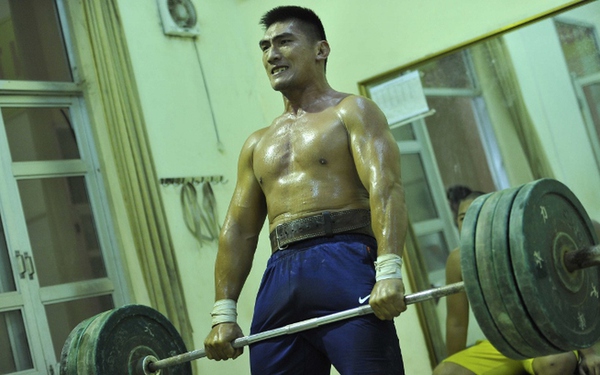The world faces commodity price shocks
This payment request is seen as Moscow’s response to sanctions of the international community related to the Russia-Ukraine conflict.
According to Reuters, Poland and Bulgaria confirmed that gas supplies from Russia had been cut off. Poland receives Russian gas through the Yamal-Europe pipeline. Meanwhile, Bulgaria is supplied with gas through a pipeline in Turkey.
Attention now turns to other European countries, especially Germany and Italy. These two countries currently import a lot of Russian gas.
The above development highlights the worries of the World Bank (WB) about the impact of the Russia-Ukraine conflict. According to a new report by the World Bank on April 26, food and fuel price shocks related to the above crisis are likely to last at least until the end of 2024 and increase the risk of stagflation (the phenomenon of the economy). economic stagnation while inflation is high).

A gas distribution station in Gustorzyn, central Poland Photo: Reuters
According to the World Bank, the world is facing the biggest commodity price shock since the 1970s. In the context of trade and production disruptions due to the impact of the conflict, the WB forecasts energy prices will increase by 50%. in this year. Brent crude oil prices will average $100 a barrel in 2022, the highest since 2013 and up more than 40% from 2021.
Meanwhile, gas prices in Europe in 2022 are expected to be twice as high as in 2021, while coal prices will increase by more than 80%. At the same time, the World Bank forecasts that wheat prices will increase by more than 40% this year, putting pressure on developing economies that rely on wheat imports from Russia and Ukraine.
According to the World Bank, in the event that the Russia-Ukraine conflict drags on or the West imposes additional sanctions on Russia, commodity prices will rise even higher and have more volatility than current forecasts.
In the short term, Mr. Indermit Gill, WB Vice President for Finance and Equity Growth, urged policymakers to take advantage of every opportunity to boost domestic economic growth and avoid actions that are harmful. for the global economy.
Russia-Ukraine talks “still hope”
Receiving United Nations Secretary-General Antonio Guterres at the Kremlin on April 26, Russian President Vladimir Putin affirmed that he still had hope for Russia-Ukraine peace talks. “Although the military operation is still ongoing, we hope that the two sides can reach an agreement on the diplomatic route,” Putin said.
According to the Russian leader, the delegations of the two countries made a significant breakthrough at talks in Istanbul – Turkey last month, but Ukraine later turned away from some of the interim agreements reached.
The Kremlin boss affirmed that Ukraine’s change of stance makes negotiations difficult, but Moscow is “still negotiating, not giving up on dialogue”. President Putin and Secretary General Guterres also discussed the situation of the Azovstal steel plant being surrounded by Russian forces in the city of Mariupol – Ukraine.
In a statement after the meeting, UN spokesman Stephane Dujarric said the Kremlin boss “in principle” agreed on the United Nations and the International Committee of the Red Cross (ICRC) joining the effort. evacuate civilians from the steel plant mentioned above, according to Reuters.
After the visit to Moscow, Secretary General Guterres is expected to meet with Ukrainian President Volodymyr Zelensky in Kiev on April 28.
Cao Luc
at Blogtuan.info – Source: cafebiz.vn – Read the original article here



